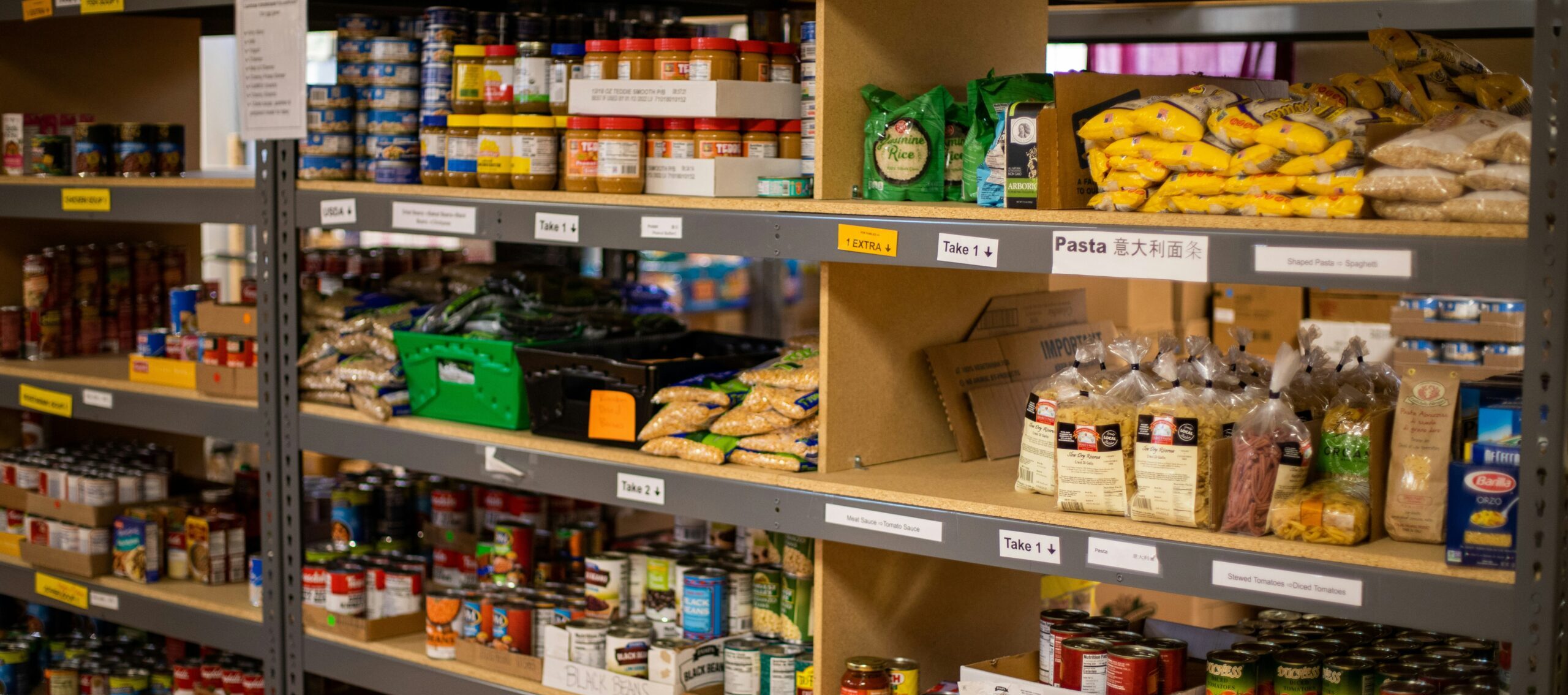
Recent federal developments have placed the food security of many in Michigan under significant strain. The Supplemental Nutrition Assistance Program (SNAP) has faced disruption due to the ongoing federal government shutdown.
In Michigan, about 1.4 million people (including many children, older adults, and people with disabilities) could see their SNAP benefits delayed or cut for November. The state government and advocacy groups have warned of a significant spike in need.
This isn’t just a policy issue — it is a pastoral concern, a community concern, and a call to action for faith communities. Here are ways your congregation can respond meaningfully in the short- and medium-term to support your community.
Strengthen Local Food Support Networks
- Partner with or host a food distribution event. If your church has space (fellowship hall, parking lot, gym) you can serve as a site for mobile food pantry distribution.
- Be aware of local partners and resources, and promote them to your congregation and community.
- Michigan 211 – Call or visit for emergency food resources across Michigan.
- Feeding America West Michigan – They operate mobile food pantries in West Michigan.
- Double Up Food Bucks – An EBT/Bridge Card-eligible program that helps participants get free fruit and vegetables at grocery stores and farmers’ markets.
- Emergency Food Assistance Program (USDA) – Free grocery distribution for those who qualify.
- Game/meat-donation options: Hunters Feeding Michigan (venison donations); Michigan Sportsman Against Hunger (processor list for donations).
- Mobilize volunteers: recruit congregants for food-packing, distribution, outreach to neighbors, and transportation.
- Provide awareness and education: let your members know that even with SNAP delays or reductions, other resources are available, and encourage them to share this information with their neighbors.
Offer Practical and Pastoral Support
- Create an “emergency food fund” in your church to help families bridge gaps between benefits and need.
- Host community meals or grocery voucher distribution for members and neighbors in need.
- Pastoral check-in: Integrate food-insecurity awareness into pastoral care — ask, “Do you have enough food this week?” and connect people to available resources. Consider setting up a box or envelopes where those seeking help can submit their contact information for follow-up.
- Facilitate transportation to pantries or farmers’ markets (especially important for older adults, disabled persons, or rural residents).
- Garden/farm partnerships: if your church property allows, consider starting a community garden whose produce can support your food pantry or congregation members.
- Encourage dignity: food insecurity is often a silent issue; invite members to serve so they are not only recipients but also partners in service.
Advocacy: Write and Speak Up
Churches can engage in advocacy as faithful citizens.
- Use the resource from Bread for the World: urging Congress to keep SNAP funding even during shutdowns.
- From Feeding America: invite your members of Congress to visit a local food bank to see firsthand the impact of SNAP disruptions.
- Consider organizing a letter-writing or action campaign in your congregation:
- Ask your U.S. Representatives and Senators from Michigan to support full SNAP funding and timely distribution.
- Encourage members of all beliefs to sign and send postcards or emails.
- Host an “Advocacy Sunday” message where you discuss how policy impacts hunger and community wellbeing.
Long-Term Preparation and Resilience
- Map your community’s food-access ecosystem: know what pantries exist nearby, what the gaps are (rural, urban, transportation, seniors), and what your church can fill.
- Build relationships: with local food banks, farmers, grocery stores, processors (for game meat donation), and local government agencies.
- Train your members: on how to identify food insecurity, how to refer people, how to volunteer well.
- Budget for the possibility of recurring interruptions: Recognize that even if this one disruption is resolved, the strain on food-security systems is ongoing.
- Celebrate volunteers and recognize the work: raising awareness of hunger in your church helps create a culture of care rather than crisis only.

Recent Comments